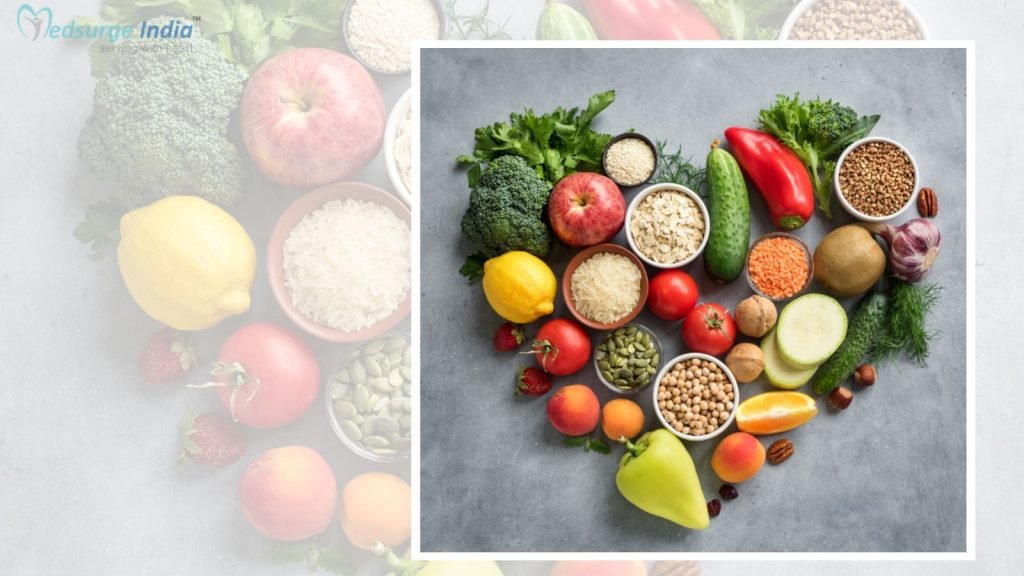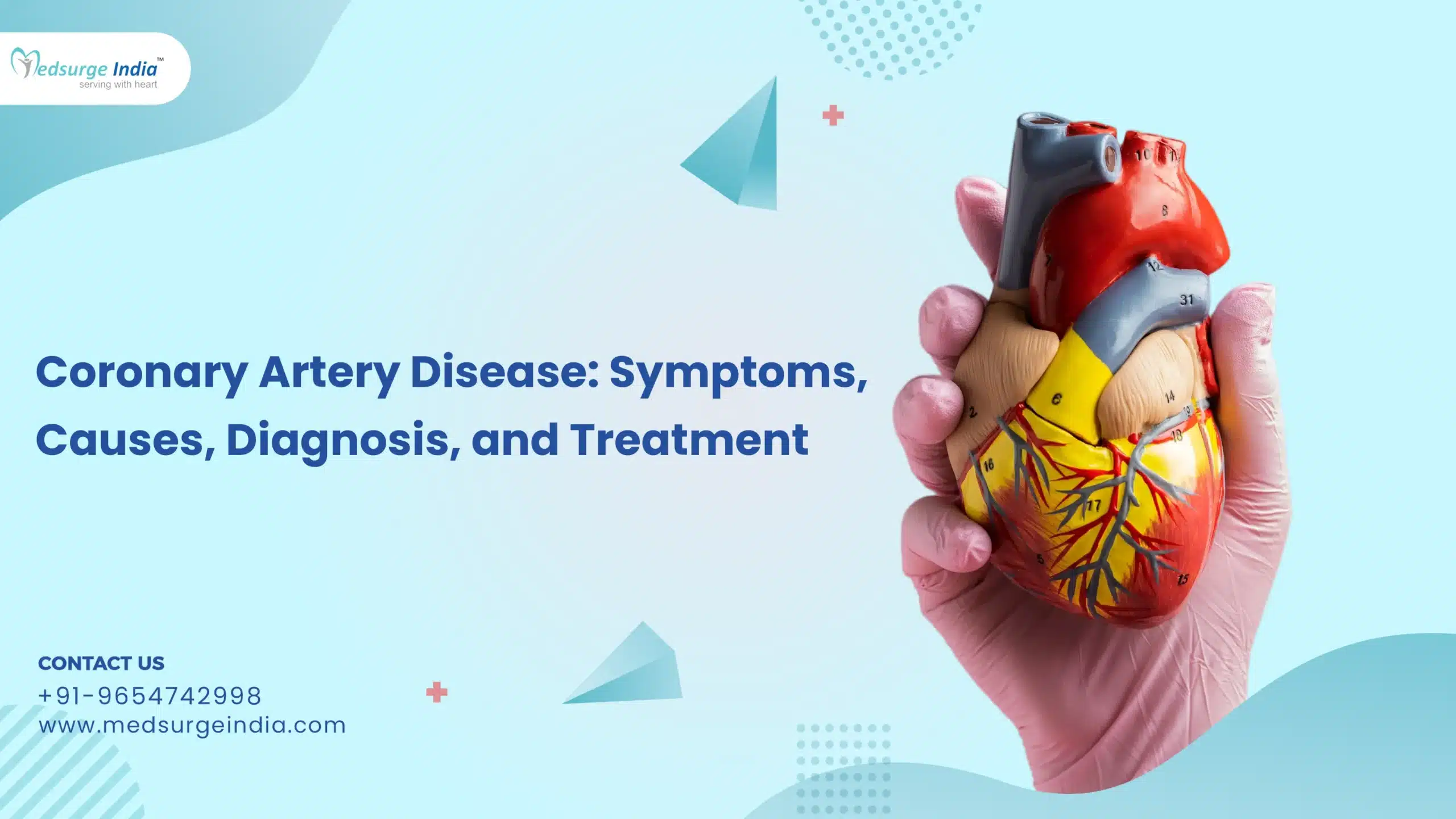
11 Foods That Can Save Your Heart
Heart disease is a serious condition that can be avoided by taking several precautions. All of these things can be beneficial to heart health. However, one of the simplest lifestyle changes that will improve your heart is to keep a close eye on your diet. Although you may be aware that certain foods can increase your risk of developing heart disease, changing your eating habits can be difficult.
You can reduce stress in your life by scheduling yearly checkups, exercising regularly, quitting smoking, or engaging in other activities.
If you’ve been eating poorly for years or simply want to change your diet, here are 11 heart-healthy diet suggestions. Once you know which foods to eat more of and which to avoid, you’ll be well on your way to a heart-healthy diet.
1. Edamame – A young soybean known as edamame is commonly used in Asian cooking. Edamame, like other soy products, is high in soy isoflavones, a type of flavonoid that may help lower cholesterol and improve heart health. Consuming soy protein in your diet may reduce your risk of cardiovascular disease. Even a small reduction in cholesterol levels, when combined with other dietary and lifestyle changes, can have a significant impact on your risk of heart disease. In addition to isoflavones, edamame contains a variety of other heart-healthy nutrients, including dietary fibre and antioxidants.
2. Tomatoes – Tomatoes are high in lycopene, a naturally occurring plant pigment with powerful antioxidant properties. Because both oxidative damage and inflammation can contribute to heart disease, antioxidants work to combat harmful free radicals. Low lycopene levels in the blood are linked to an increased risk of heart attack and stroke. Consuming more tomato products and taking lycopene supplements improves blood lipids, blood pressure, and endothelial function. Having higher levels of HDL (good) cholesterol can help keep your heart healthy and guard against heart disease and stroke by removing extra cholesterol and arterial plaque.
3. Almonds – Almonds are extremely nutrient-dense foods because they contain a wide range of vitamins and minerals that are essential for heart health. They are also high in fibre and heart-healthy monounsaturated fats, two nutrients that can help prevent heart disease. Although almonds are high in nutrients, keep in mind that they are also high in calories. Measure your meals and limit your intake if you’re trying to lose weight.
4. Fish oil and fatty fish – Omega-3 fatty acids are abundant in fatty fish such as salmon, mackerel, sardines, and tuna, and their potential to improve heart health has been extensively researched. The omega-3 fatty acids found in fatty fish may have a preventive effect on heart disease, as well as arrhythmias and CVD events. Fish consumption has been linked to a lower risk of death, depression, and cardiovascular disease. If you don’t eat a lot of seafood, using fish oil is another way to get your recommended daily intake of omega-3 fatty acids. Supplemental fish oil has been shown to lower blood pressure, improve vascular function, and lower triglycerides. Krill oil and algal oil are popular alternatives to fish oil.
5. Green leafy vegetables – Spinach, kale, and collard greens are examples of leafy green vegetables high in vitamins, minerals, and antioxidants. They’re particularly high in vitamin K, which protects your arteries and promotes healthy blood clotting. They also contain a lot of dietary nitrates, which have been shown to lower blood pressure, reduce arterial stiffness, and improve the functionality of the cells lining blood vessels.
6. Berries – Strawberries, blueberries, blackberries, and raspberries are high in essential nutrients that are essential for heart health. Berries are high in antioxidants like anthocyanins, which protect against oxidative stress and inflammation, both of which contribute to the development of heart disease. Several heart disease risk factors can be reduced by eating a lot of berries, according to studies. Berries can be a filling dessert or a delectable low-calorie snack. To take advantage of each type’s particular health advantages, try include a few different kinds in your diet.
7. Avocados – Avocados’ heart-healthy monounsaturated fats have been linked to lower cholesterol and a lower risk of developing heart disease. One avocado was consumed daily by one of the test groups, which included 45 overweight and obese individuals, in one study. The study looked at the effects of three different cholesterol-lowering diets. The avocado group had lower levels of LDL (bad) cholesterol, particularly tiny, dense LDL (bad) cholesterol, which is thought to significantly increase the risk of heart disease. Avocados are also high in potassium, a vitamin that is essential for heart health.
8. Walnuts – Walnuts are high in fibre and micronutrients such as magnesium, copper, mono- and polyunsaturated fatty acids, vitamin E, and manganese. By eating a few of them every day, you can lower your cholesterol and reduce artery inflammation. Substitute them for chips or other mid-meal snacks.
9. Beans – Beans contain resistant starch, which is resistant to digestion and fermented by your gut bacteria. Resistant starch may benefit the gut and certain microbiota inhabitants in a variety of ways. According to numerous studies, eating beans can reduce some risk factors for heart disease. Bean consumption has also been linked to lower blood pressure and inflammation, both of which are risk factors for heart disease.
10. Olive oil – Olive oil is a staple of the Mediterranean diet and has been linked to heart health.Olive oil contains antioxidants that help reduce inflammation and the risk of developing chronic diseases. It also has a high concentration of monounsaturated fatty acids, which have been linked to improved heart health in numerous studies. Furthermore, increased consumption of olive oil was linked to a 48% lower risk of dying from heart disease. Because it contains a high concentration of oleic acid and antioxidants, olive oil has been shown to help prevent and treat hypertension.To reap the many health benefits of olive oil, use it to flavour vinaigrettes and sauces, or drizzle it over cooked food.
11. Garlic – Garlic has long been used as a home treatment for a number of illnesses. Garlic has powerful medicinal effects that have recently been proven by studies, which also show that it can even help with heart health.This is due to the presence of the chemical allicin, which is thought to have a wide range of medicinal effects. Always eat garlic raw, or crush it and let it sit for a few minutes before using it in a recipe. This enables allicin to develop, enhancing its potential health advantages.
Helpful – Heart Bypass Surgery Cost in India
Bottom Line – Almost every facet of heart health, including blood pressure, inflammation, cholesterol, and triglycerides, can be affected by your diet.These heart-healthy foods can help keep your heart healthy and lower your risk of heart disease when consumed as part of a balanced, nutrient-rich diet.













